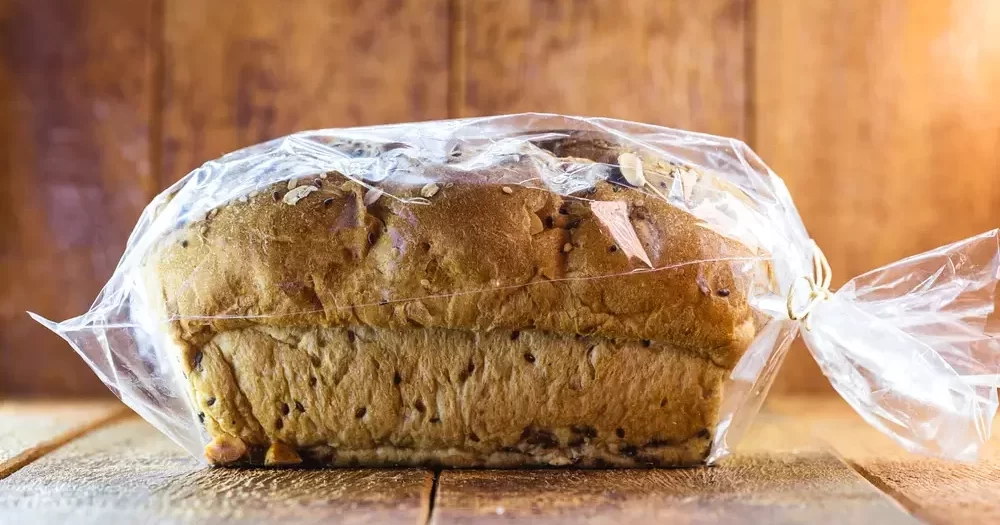Freezing bread is a common practice to preserve its freshness, but how long is too long when it comes to keeping bread in the freezer?
In this article, we’ll explore whether it’s safe to eat 2-year-old frozen bread, the science behind freezing and preserving bread, and the best practices for storing bread to maintain its quality. So let’s dive in and find out if that long-forgotten loaf in the back of your freezer is still good to eat.
Understanding Freezing and Bread Preservation
How Freezing Works
Freezing bread works by slowing down the growth of bacteria, yeast, and mold that cause spoilage. At low temperatures, the metabolic processes of these microorganisms are significantly reduced, prolonging the shelf life of the bread.
The Role of Moisture
Moisture plays a crucial role in bread preservation. Freezing temperatures cause the water in the bread to form ice crystals, which can affect the texture and taste of the bread when thawed. Properly wrapping and storing the bread can minimize these effects.
How Long Can You Freeze Bread?
General Guidelines
The general consensus is that bread can be safely frozen for up to three months. However, the quality of the bread may start to degrade after this time, resulting in changes in taste, texture, and nutritional value.
Factors Affecting Frozen Bread Shelf Life
Several factors influence the shelf life of frozen bread, including the type of bread, how it’s stored, and the temperature of the freezer. Bread with a higher moisture content, such as artisanal loaves, may not last as long as drier, store-bought varieties.

The Safety and Quality of 2-Year-Old Frozen Bread
Is It Safe to Eat?
While eating 2-year-old frozen bread is unlikely to cause serious harm, it’s important to examine the bread for signs of spoilage or freezer burn. If the bread smells or tastes off, or if it has visible mold, discard it.
Quality Concerns
The primary concern with eating 2-year-old frozen bread is the potential degradation of quality. Over time, ice crystals can cause the bread’s texture to become dry, crumbly, and unpalatable. Additionally, the bread may absorb odors from other items in the freezer, affecting its taste.
Best Practices for Storing Frozen Bread
Preparing Bread for Freezing
To maintain the quality of frozen bread, wrap it tightly in plastic wrap, aluminum foil, or a freezer-safe bag. Be sure to remove as much air as possible to minimize the formation of ice crystals.
Thawing Frozen Bread
To thaw frozen bread, remove it from the freezer and let it sit at room temperature for several hours. Alternatively, you can use the defrost function on your microwave or place the bread in a preheated oven for a few minutes.
Reheating Frozen Bread
For optimal taste and texture, reheat thawed bread in a preheated oven at 350°F (175°C) for 5-10 minutes.
Frequently Asked Questions
Can freezing bread multiple times affect its quality?
Yes, repeatedly freezing and thawing bread can lead to increased moisture loss, resulting in a drier texture and potentially less appealing taste.
How can I tell if my frozen bread has gone bad?
If your frozen bread has an off smell, visible mold, or a noticeably altered texture, it’s best to discard it.
Can I freeze homemade bread?
Yes, homemade bread can be frozen using the same storage methods as store-bought bread. Keep in mind that the shelf life of homemade bread may vary depending on the ingredients used.
In Summary
While it’s not necessarily unsafe to eat 2-year-old frozen bread, the quality of the bread will likely have suffered from extended time in the freezer.
To ensure the best taste and texture, it’s recommended to consume frozen bread within three months. However, if you decide to eat the bread, make sure to check for any signs of spoilage, such as off smells, mold, or significant changes in texture.
